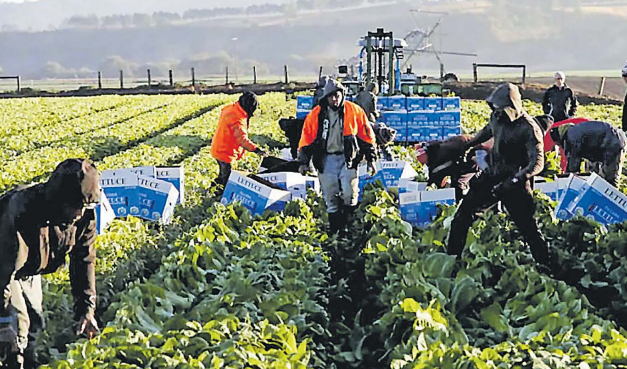The Government’s approach to its labour crisis is a masterclass in reactive, short-sighted policy that is creating a profound and potentially irreversible societal schism. This divergence is starkly illustrated by two recent media headlines: one promising opportunity for the unemployed, and another revealing a desperate search for foreign skills. The recent directive that PALM and RSE schemes are “strictly limited to unemployed Fijians,” as emphasised by the Government, is not a protective measure, but a damning admission of a policy in free fall. It is the locking of the stable door “after the horse has bolted” after hundreds of teachers, civil servants, and tradesmen have already left, depleting the nation’s vital skilled core.
Initially touted as a solution to unemployment, the PALM scheme has morphed into something far more disruptive. The understanding at the outset was indeed to address joblessness, but the program’s allure, offering wages in strong foreign currencies, proved irresistible not just to the unemployed, but to the underpaid employed — the very nurses, mechanics, and teachers who form the backbone of our domestic economy. The Government’s belated regulation to restrict access to the unemployed is a reactive panic button, not a proactive strategy. It acknowledges the devastating brain drain, but does nothing to address the root cause: why are Fijian professionals so desperate to leave in the first place?
This haphazard management creates a devastating paradox. As one ministry actively facilitates the export of unskilled and now, initially, skilled labour to Australia and New Zealand, another looks to India to plug the resulting gaps in our IT, health, and trades sectors. This is not a strategy; it is a vicious cycle of self-sabotage. We are simultaneously draining our own human capital and creating a dependency on imported talent. The bitter irony, as the “coconut wireless” suggests, is that this new importation of labour risks echoing the darkest chapters of our history. Whispers of foreign workers “living in containers” evoke the grim spectre of the “low lines” and indentured labour lines of the past, raising the alarming spectre of “a new Girmit” — a modern system of economic indentureship that benefits the employer nation at the social expense of the source nation.
The social cost, as the additional text rightly points out, has been utterly lost against the narrow calculus of monetary gain. The Prime Minister’s expressed concerns about rising social problems are not separate from the PALM scheme; they are one of its direct outcomes. The mass, prolonged absence of parents, partners, and community members fractures families and destabilises villages. The resulting social issues are then treated as isolated problems, disconnected from the economic policy that caused them. The question of “who benefits most?” is answered with brutal clarity: it is the economies of Australia and New Zealand, who gain a reliable, flexible workforce for their arduous seasonal work, all while Fiji grapples with the cascading crises of a hollowed-out skilled sector, disintegrating rural communities, and imported social strife.
Ultimately, the ones left behind are the original intended beneficiaries — the unemployed — who are now being recruited into a system already buckling under its own unintended consequences. A visionary government would not see labour export and import as two separate solutions. It would see a single, integrated national emergency: a critical failure to make working in Fiji worthwhile. The solution is not to better manage the exodus or to plug gaps with foreign workers, but to create an economy that fiercely retains and rewards its own talent. This means investing in competitive wages, robust training programs, and economic diversification that values teachers and tradespeople as highly as overseas farms do. Until then, Fiji risks becoming a nation that manages the decline of its own potential, a feeder economy for its wealthy neighbours, all while the ghost of the girmit whispers from the containers on the outskirts of town. The benefit, clearly, ain’t us.



